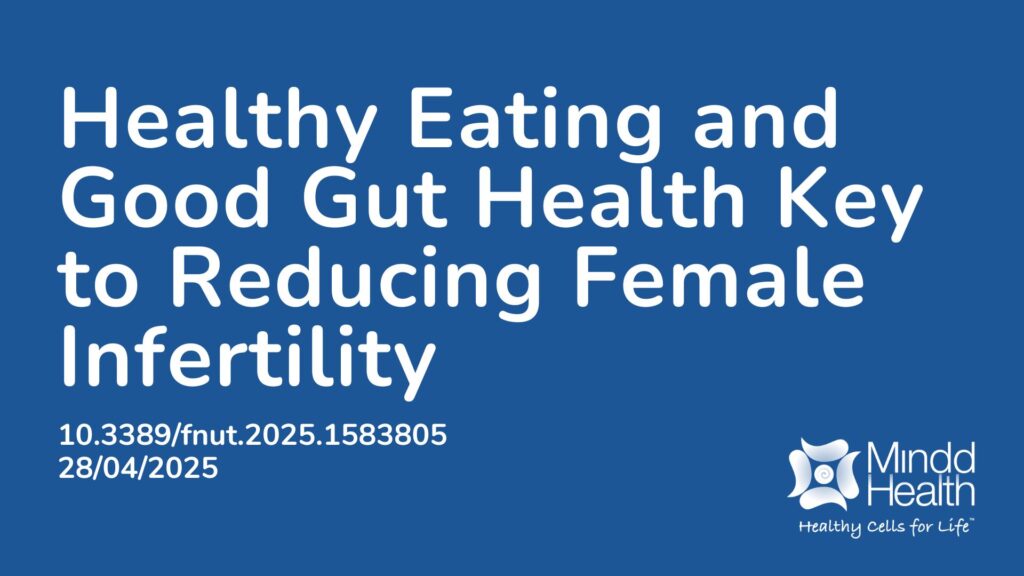Summary:
Infertility affects about one in eight couples worldwide and is defined as the inability to conceive after one year of trying. In women, causes include hormone imbalances, conditions like PCOS and endometriosis, and lifestyle factors such as poor diet, smoking, stress, and lack of sleep. Unbalanced diets can disrupt ovulation and reduce fertility. A study of over 3,000 women found those with poorer diets, negatively impacting their gut bacteria, were more likely to be infertile. This was measured using the DI-GM score, which assesses consumption of 10 beneficial foods (e.g., avocado, broccoli, fiber) and four unfavorable ones (e.g., red meat, processed meat). Since the gut microbiome affects many functions including reproduction, understanding diet’s impact on gut health is key. Imbalances in gut bacteria have been linked to disorders like PCOS. Diets like the Mediterranean, rich in fruits, vegetables, and healthy fats, improve gut health and fertility, while Western diets high in processed foods harm them. The study showed lower DI-GM scores correlate with higher infertility risk, highlighting diet and gut health as important factors. These findings may guide nutrition strategies to support women’s reproductive health.
Abstract:
Background: Infertility poses a substantial societal and economic burden; however, current preventive strategies are limited. Recently, the relationship between gut microbiota and infertility has garnered increasing attention. The dietary index for gut microbiota (DI-GM) is a new index that reflects the diversity of the gut microbiota. However, its association with female infertility remains unclear. Methods: This cross-sectional study included 3,053 women aged 18–45 years from the National Health and Nutrition Examination Survey (NHANES) database between 2013 and 2018. Infertility was defined based on responses to a questionnaire on reproductive health. The DI-GM score was calculated by averaging the intake from two 24-h dietary recall interviews. Weighted multivariable logistic regression, restricted cubic splines (RCS), and subgroup analyses were used to investigate the association between DI-GM and female infertility. Results: Based on self-reported data, 370 participants (12.12%) were classified as infertile. A higher proportion of participants with lower DI-GM scores experienced infertility. Multivariable logistic regression analysis indicated a negative association between DI-GM and the risk of female infertility, regardless of whether the independent variable was analyzed as a continuous variable or in quartiles in the fully adjusted model (Model 3, continuous variable: OR = 0.89, 95% confidence interval (CI): 0.80–0.98, p = 0.025; Q4 vs. Q1: OR = 0.63, 95% CI = 0.42–0.94, p = 0.032, p for trend = 0.013). The RCS curves demonstrated a non-linear relationship between the DI-GM scores and infertility risk. Subsequent subgroup analyses corroborated the robustness of these findings. Conclusion: These findings suggest a non-linear relationship between DI-GM and the risk of infertility in females, with lower DI-GM scores associated with a higher risk of infertility
Article Publication Date: 28/04/2025
DOI: 10.3389/fnut.2025.1583805



